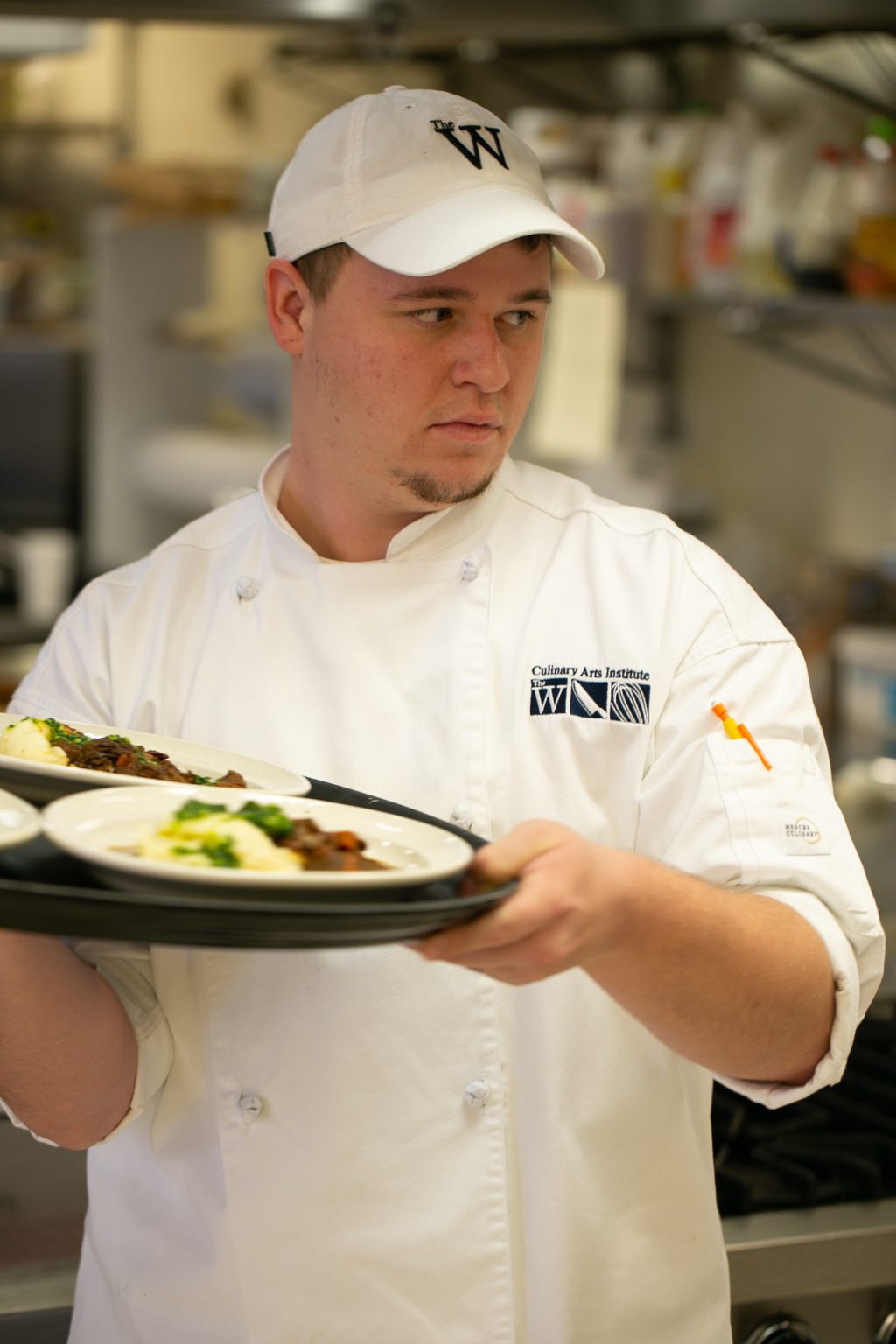Internships in Culinary Arts
The internship is an important period in your education. It is a time for you to take the knowledge and experience acquired in school and put it to the test in a work environment. The internship provides the opportunity to work in your selected area of interest; it gives you exposure to the demands and complexities of a culinary position while helping you build skills needed to advance your career. The internship is most importantly a time of learning from the sponsoring Chef or host business, and from the working environment. During this time, interns become part of a working team in order to accumulate new knowledge and experiences.
Preparing for the Internship
The Institute Director will meet with you to discuss your goals, assess your areas of interest and suggest locations for your internship. Of course, you may already have an idea of where you would iike to work. Together, you and the Director will determine a course of action that will lead to future interviews for your internship position.
Assess your career goals and experience. Think about them carefully. Let them help you establish goals and priorities for your internship.
Ask yourself:
- What area( s) of interest do I have?
- What kind of work do I want to do?
- What am I qualified for and what do I want to learn?
- Where do I want to work?
- Am I able to relocate to an area where I can gain valuable experience?
- What do I see myself doing once my education is completed?
Answers to these questions will help assess your direction and can help you prepare for your internship interview.
Your placement in an internship position is a shared responsibility; one where you and the CAI faculty work together to find a position that can give you a valuable learning experience. You must do your part to prepare, then present yourself as a good candidate to the Chef or manager of the facility where you apply for an internship.

Placement Opportunities
MUW has contacts with many of the best restaurants and food service facilities locally and throughout the United States. They are interested in having responsible students as interns. If you are interested in one of these opportunities, the Director can provide you with an introduction and can help pave the way to obtaining a position with the establishment of your choice.
Finding Your Own Internship Position
You are free to make arrangements for fulfilling your internship requirements with an establishment where you are interested in working. MUW will contact the sponsoring Chef or supervisor and provide the information and guidelines required to become a participating internship sponsor. If you are interested in going to an out-of-state location, the Director should be notified as early as possible.
Jobs Which Meet Internship Requirements
The bulk of your training and the degree you receive from MUW is in Culinary Arts. Your education is well served by working with food. You may work in an area outside a kitchen environment, as long as you are involved directly with your specific minor emphasis area. The position must meet the required hours for an internship and you must have the approval of the Institute Director.
You must obtain approval from the Director before registering for CA 350.
Do Your Homework
Look for establishments that can provide you with possible work situations. Ask yourself, "Is this a place where I can get the experience I need to pursue my career?" Learn about the places where you are interested in working. Visit the site(s) if possible. Talk to the people you encounter to learn about the operation.
Choose Your Sponsor
One critical aspect to creating a successful internship is finding a Chef or supervisor who will act as a sponsor/mentor by supporting your efforts and desire to learn. The sponsor should ideally be someone willing to share his or her knowledge and experience with you during your internship. The Institute Director encourages the internship sponsor to consider how important a rotational experience would be for the student, but the sponsor may choose not to rotate you through the operation. It is important that the sponsor be willing to talk to you from time to time, to provide feedback and answer your questions. To find a sponsor like this, you must seek this person out. Look closely at the restaurants or companies that seem interesting to you. Would this place be willing and able to work with an intern? During and after the inter view, you want to determine if the Chef or manager is someone with whom you could work. Could you learn from this person? If, after your evaluation of the interview, the situation doesn't seem to be what you want, keep looking. After you decide where you will work, give it your best effort. If you have prepared carefully, your internship should be a valuable and rewarding experience.